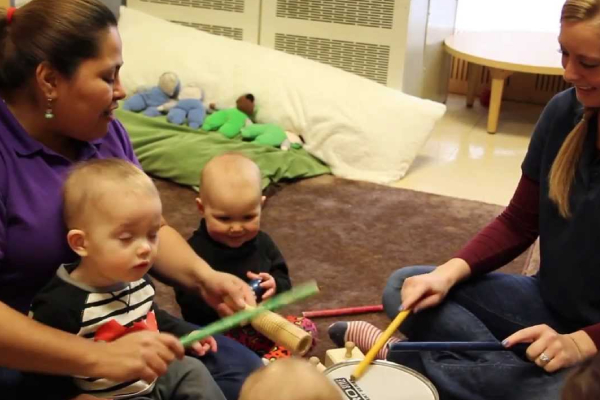Importance Of Music In Education
Music education encourages an appreciation for the world and prepares children academically, socially, intellectually. Our nation’s future is dependent on comprehensive education that includes music.
There has been a long-standing disagreement about whether or not music should be required in the school curriculum. Some of the most prestigious CBSE affiliated schools in Chennai have incorporated classical Indian instruments into their curriculum. The majority of administrators agree that it’s an extracurricular activity. Still, very few see the need for including it as part of what is taught to students daily. This is likely due to their preconceived notion that schools teach only reading and writing, with history and science being secondary subjects.
A new study has shown how kids attending schools with weekly music instrument lessons, choir rehearsals, voice training, or general music programs have benefited in many ways, such as improved learning and self-esteem boosting.
Advantages Of Incorporating Music Into The Classroom?
1. Enhance creativity, imagination, and intellectual curiosity.
Music is an intellectual pursuit. It can be as diverse and unique as your students are!
Music inspires creativity by opening up new possibilities and worlds for the listener. Music unlocks our minds from within us, providing an outlet for creation through imagination and expression, helping children express themselves as individuals.

2. De-stress the class.
The soothing sounds of music can help calm your class, even when they are loud. This theory can be utilised in classrooms since it has been shown that calming down with some tunes before taking attendance helps lessen enthusiasm and distractions during lectures! The rhythmic beats and melodies have the potential to “modify brain function and treat a variety of neurological disorders” such as ADHD or depression.
3. Promote a more favourable classroom environment.
Peer-reviewed research indicates that increasing music education benefits other areas of school life. The 2013 Finnish study, published in the journal Music Education Research, discovered that schools with more musical opportunities increase school happiness and a sense of opportunity and achievement amongst its students.
4. Boost your test results.
To date, no evidence proves that music makes students more or less intelligent. However, many people believe that students can give better performance in other areas of the school by studying music.
The evidence provided in 2007 by researchers at the University of Kansas has shown that kids who go through high-quality music programs outperform students who do not have musical training by 22% on English and 20% on math skills tests. This means we need to take note when selecting good CBSE schools as most schools offer musical and musical instruments training.
Making music a part of schools and everyday life:
The importance of music and music education has been well documented, making it our duty to incorporate it into our children’s daily routines. Adding a weekly private music or singing lesson to your child’s school schedule would be a smart solution if their school does not offer music lessons. Continue reading






